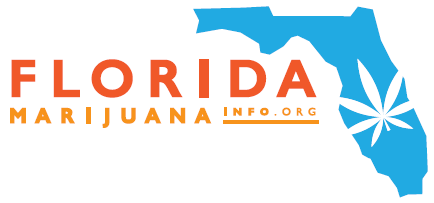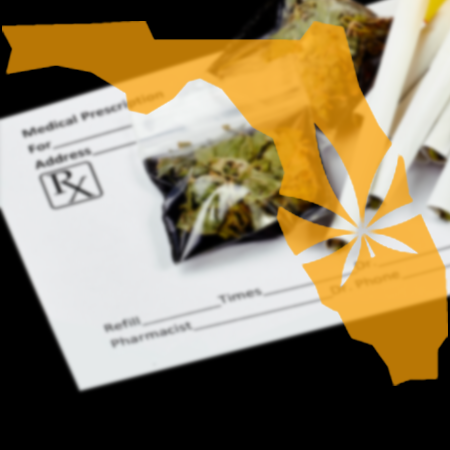The Compassionate Act & Amendment 2 Conditions Approved
The passage of Amendment 2 has expanded eligibility and conditions for medical marijuana in Florida, but it has also created some confusion as to who is now eligible. That’s because it works side-by-side with the existing Compassionate Medical Cannabis Act, which has been in place since 2014.
Long story short, both of these laws are simultaneously valid, and will continue to be. When Amendment 2 is finally active and the state gives the green light to issue medical marijuana cards, it will then overlap to a great deal with the Compassionate Medical Cannabis Act. However, Amendment 2 doesn’t go into effect until January 3 of 2017, and from there the state has several details to work out before cards will begin to be issued. The state is required to have this all worked out and start issuing cards by June of 2017 at the latest, however.
Until then, if you qualify for medical marijuana under the terms of the Compassionate Medical Cannabis Act, you can start the process to get your medicine immediately. In today’s post we’ll go over the conditions covered by both laws to help clear up some of the confusion.
The Compassionate Use Act
This act remains a part of Florida law and will continue to be even as the terms of Amendment 2 are worked in.
Under the terms of this act, medical cannabis with THC is only available to patients with terminal conditions who have a life expectancy of no more than one year after diagnosis if the disease or condition progresses as expected.
Low-THC cannabis is available to patients who have the following conditions:
. Cancer
. Any condition that produces seizure symptoms
. Any condition that produces severe and persistent muscle spasms
Patients interested in obtaining medical marijuana under the Compassionate Medical Cannabis Act must find a physician who has completed the state’s training course and be treated by them for at least three months. They must register with the state, and the physician is limited to prescribing only a 45-day supply at one time.
Amendment 2
Amendment 2 passed in November of 2016, but won’t go into law until early 2017. The state has some regulatory aspects to work out from there before cards can be issued, which is required to happen sometime in the first half of 2017.
Amendment 2 makes medical marijuana (with THC if desired) available to patients with the following conditions:
. AIDS
. ALS
. Cancer
. Caron’s Disease
. Epilepsy
. Glaucoma
. HIV
. Multiple Sclerosis
. Parkinson’s Disease
. Post-Traumatic Stress Disorder (PTSD)
Amendment 2 also has language that allows physicians to recommend medical marijuana for debilitating conditions that are are of the same kind or class as the ones listed here. For example, one major concern among medical marijuana proponents in the state is that Amendment 2 didn’t do enough to address mental health conditions that can be treated by cannabis, with only PTSD on the list. PTSD is currently classified under “trauma and stressor-related disorders” by the American Psychiatric Association. This means that related acute stress disorders may also potentially be a qualifying condition even though it is not something specifically mentioned in the bill.
Over the coming months, the state Department of Health has to hash out the final regulations internally. These include the actual procedures for issuing cards, registration of dispensaries, and how much medical marijuana can be prescribed at one time. Stay tuned to the blog as we’ll have any new information for you as it becomes available.
List of Conditions Covered for MMJ in Florida














 OMD Agency
OMD Agency
Recent Comments